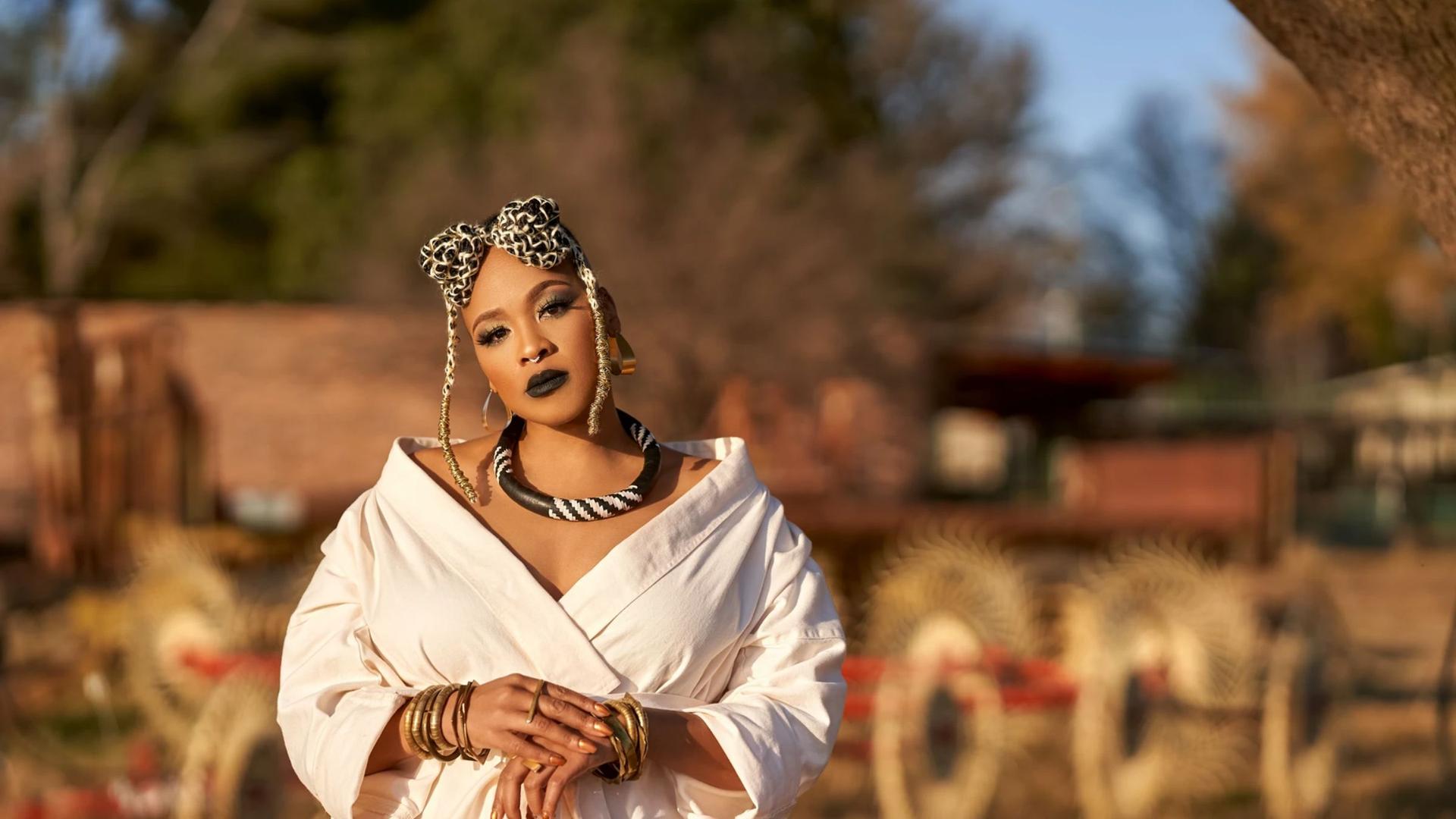South African singer-songwriter Pilani Bubu admits she comes from a family of privilege, one that encouraged education and creativity. It was like jumping “off the shoulder of giants,” she said.
“I studied law and marketing, and then, I went into the creative space and realized, actually, my best medium to communicate and to make any change was to use my best gift, which was music,” Bubu said.
Born in 1984 during the last decade of the apartheid regime in South Africa’s Eastern Cape — home of the Xhosa people — she was a child of the MTV generation who straddled between the worlds of globalization and the traditions of her homeland. But to really understand her heritage, she first had to leave South Africa to gain some perspective. In 2012, Bubu left her job in the corporate world and moved to New Orleans, Louisiana, in the United States.
“[I] packed my bags to go to the New Orleans Jazz Fest with my CDs, my demo CD, ‘Journey of the Heart,’ Bubu recounted. “I was supposed to stay five days during the Jazz Fest, and I stayed three months [instead].”
In the Big Easy, a nickname for New Orleans, Bubu found her music community and understood that the people she met wanted to learn more about her culture back home. That’s when she started to incorporate South African music into her repertoire.
“When you travel in the world, people will look at you as an African girl, an African child, and try to understand the story of your people and your life. And that helped me dig a little bit deeper, and I realized that there was like a wealth of stuff sitting with me that I could share,” Bubu said.
In her 2019 album “Folklore – Chapter 1,” Bubu took a look back into traditional folk songs from South Africa, songs with themes that are important to her, such as spirit animals, respect for ancestors and the role of women. Then she presented the songs with an Indigenous folk sound to a new generation who, like Bubu, might have taken her own culture for granted. The album was awarded Best African Adult Contemporary Album at the 2020 South African Music Awards.
“The pull of music, the work, the culture, the heritage is so big that I can only do such a small part. But if I don’t give it meaning and interpret it for the modern day, then it’s just going to remain where it is, in the past,” she said.
The past is always present, and so is the future. Bubu’s album “Folklore – Chapter 2” is set to come later in 2023 as a continuation of her themes of community and tradition with a strong spiritual bent.
In the meantime, Bubu has a new album titled “Lockdown Lovestory,” with songs like “Feel It” with artist AfroNautiq that help give her music a contemporary soul sound.
The story you just read is accessible and free to all because thousands of listeners and readers contribute to our nonprofit newsroom. We go deep to bring you the human-centered international reporting that you know you can trust. To do this work and to do it well, we rely on the support of our listeners. If you appreciated our coverage this year, if there was a story that made you pause or a song that moved you, would you consider making a gift to sustain our work through 2024 and beyond?
